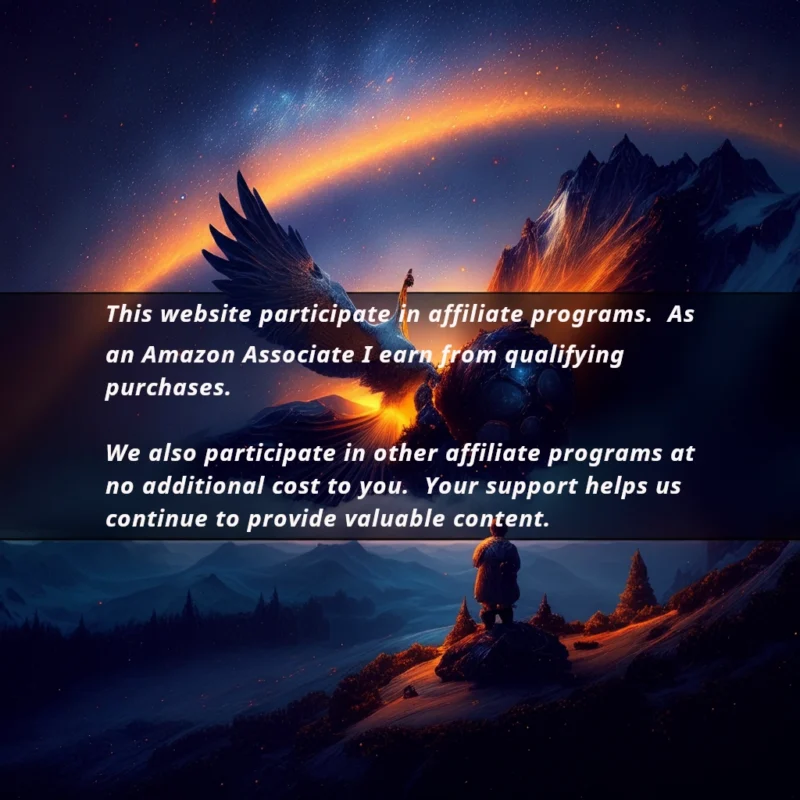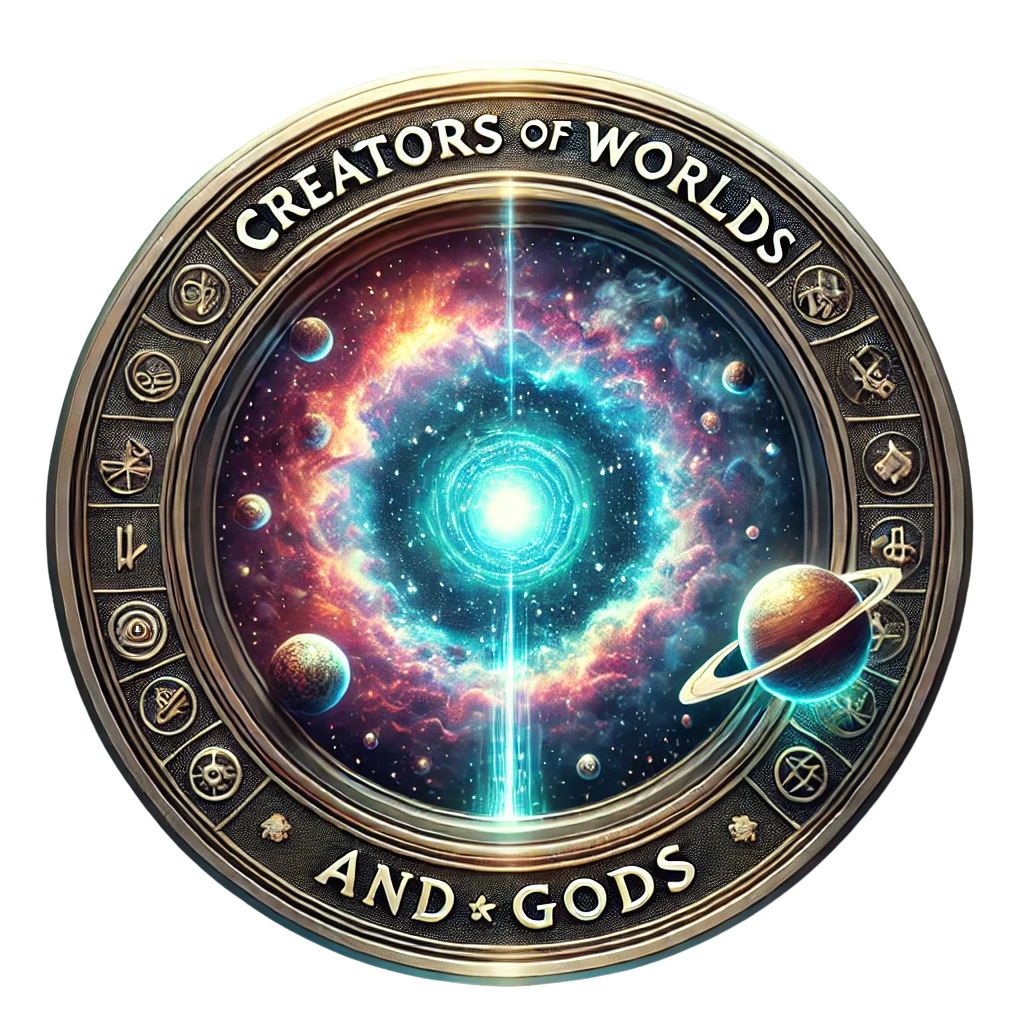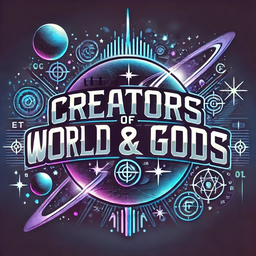Blog
Religion as Resistance or Control? Earthseed’s Role in a Collapsing Society

In Octavia Butler’s Parable of the Sower, we are plunged into a world unraveling at the seams. Economic turmoil, environmental devastation, and social fragmentation have pushed humanity to the brink, forcing people to search for meaning and guidance. In the midst of this chaos, Earthseed—a new belief system created by the protagonist, Lauren Olamina—offers solace and structure. Yet Earthseed’s purpose isn’t straightforward. Is it a tool for empowerment, inspiring resilience and self-determination, or could it potentially act as a mechanism of control over its followers?
Butler’s Parable of the Sower (1993) and its sequel, Parable of the Talents (1998), challenge readers to consider these questions by showcasing the complexities of religion in a world on the verge of collapse. By examining Earthseed’s tenets, Lauren’s leadership, and the broader implications of this belief system, we can better understand Butler’s vision of how faith functions as both a lifeline and a potential shackle. To truly grasp Earthseed’s unique role in Butler’s work, we must also look at the themes of control, resistance, and resilience woven throughout her other novels, such as Kindred, Wild Seed, and Dawn. Each work, in its own way, reveals Butler’s ongoing exploration of belief as both a source of strength and a potential instrument of oppression.

The Birth of Earthseed: A Philosophy for Survival
Parable of the Sower opens on a broken America, where society has crumbled under economic and environmental pressures. Established religions, once a source of stability, have lost their influence. In this vacuum, Lauren Olamina creates Earthseed—a belief system that doesn’t rely on a traditional, omnipotent deity but rather centers on the concept of change itself. Earthseed’s core tenet, “God is Change,” asserts that adaptability is essential to survival. This dynamic faith encourages individuals to embrace transformation and find agency within uncertainty.
In contrast to many traditional religions, which offer a stable worldview and moral guidelines, Earthseed’s philosophy is rooted in adaptability and flexibility. Lauren develops Earthseed as a survival mechanism, giving people a framework to confront the unknown and remain resilient. For Lauren and her followers, Earthseed becomes a source of purpose and direction, helping them navigate the shifting realities of their world.
Earthseed’s emergence speaks to Butler’s broader commentary on the human need for belief systems in times of crisis. This theme echoes in her other works, such as Dawn (1987), the first novel in her Xenogenesis trilogy (also known as the Lilith’s Brood series). In Dawn, an alien race, the Oankali, attempts to ‘save’ humanity by interbreeding with them, leading to a hybrid species. The Oankali’s belief in their own way of life as superior echoes the tension in Earthseed: both systems offer guidance, but also impose their vision on others, leading to questions of autonomy and control. In Dawn, as in Parable of the Sower, Butler explores whether adaptation and survival require the loss of individual freedom.
Earthseed’s Core Beliefs: Solace or Structure?
Central to Earthseed is the notion that “God is Change.” Unlike traditional religious figures, the Earthseed deity is not a distant being but a force inherent in life’s constant evolution. This belief offers comfort to Lauren’s followers, who find strength in embracing change as a divine element. Yet Earthseed’s principles challenge the followers to actively shape their destinies, rather than relying on a higher power for deliverance.
This approach to belief—change as both a guiding and demanding force—invites comparisons to Butler’s Kindred (1979), where the protagonist Dana is thrust back in time to the antebellum South. Dana’s survival depends on her adaptability, but this adaptability is not without cost. She must navigate the horrors of slavery, compromising aspects of her identity and autonomy in order to survive. Dana’s resilience mirrors Earthseed’s call for adaptability, but both come with the implicit risk of self-sacrifice. In Kindred, Butler portrays how survival can demand conformity to systems of power; similarly, in Parable of the Sower, Earthseed’s emphasis on change challenges followers to redefine their boundaries and relinquish certain comforts.
The philosophical appeal of Earthseed’s “God as Change” aligns with Butler’s critique of rigid doctrines. In a world where traditional structures have failed, Earthseed’s fluidity offers both solace and structure. This perspective offers a fresh approach to faith, wherein the believer’s relationship to God is not one of subservience but active engagement.
Earthseed as Resistance: Self-Determination and the Quest for Freedom
In a society on the brink of collapse, where survival requires resilience and flexibility, Earthseed functions as more than a religion; it is a philosophy of resistance. Earthseed challenges followers to embrace responsibility for their futures, aligning with Butler’s recurring theme of self-determination. This is evident in Butler’s Wild Seed (1980), where the protagonist Anyanwu defies the constraints placed upon her by Doro, an immortal who seeks to control others through breeding. Like Lauren, Anyanwu embodies the tension between resistance and adaptation, as she uses her unique abilities to retain her autonomy.
Earthseed’s ultimate vision—“to take root among the stars”—gives Lauren’s followers a long-term goal that inspires resilience, even amid constant hardship. This celestial mission parallels the journey in Wild Seed, where Anyanwu’s quest for freedom pushes her to reject Doro’s dominance. In both stories, Butler portrays the act of building a future as a form of resistance, highlighting how belief can foster self-determination.
But while Earthseed promotes individual empowerment, the philosophy also binds followers to Lauren’s vision. The allure of Earthseed’s “destiny” raises an important question: is this vision truly liberating, or does it simply replace one form of control with another? For more on Earthseed’s complex role in shaping resilience, check out these fan interpretations and discussions on Goodreads, where readers debate Earthseed’s empowering potential versus its potential to impose structure.
Earthseed as a Mechanism of Control?
The question of control is central to many of Butler’s works, where she often examines how belief systems can bind as well as empower. In Parable of the Sower, Earthseed’s potential to control comes through Lauren’s role as its interpreter and leader. Her authority over her followers is significant, and while she offers a path forward, it is her path that others must follow. This dynamic recalls Butler’s Patternist series, specifically Mind of My Mind (1977), where telepathically linked individuals form a society under the control of Doro, a figure who believes his vision is best for the group.
Lauren’s vision of Earthseed, much like Doro’s control over his “patternists,” raises questions about the nature of leadership and faith. While Earthseed’s teachings emphasize self-reliance, the need for cohesion can risk suppressing individual interpretations. For those who are desperate for stability, Lauren’s leadership and Earthseed’s structured vision may stifle personal beliefs that diverge from the collective.
Thus, Earthseed presents a duality: it offers both the promise of freedom and the risk of constraint. Butler’s exploration of leadership and autonomy challenges readers to consider whether true freedom is possible within any belief system. For additional perspectives on this, check out discussions on Reddit and forums that question whether Earthseed, like other religious structures, risks becoming an authoritative system over time.
Butler’s Broader Message: Religion as Both Resistance and Control
Through Earthseed, Butler offers a nuanced portrayal of religion as both a source of empowerment and a means of social cohesion that can tip into control. This theme permeates her other novels as well, including Fledgling (2005), where Shori, a genetically modified vampire, navigates the complex rules of her society. In Fledgling, the vampire community enforces rigid structures to maintain harmony, and Shori must decide whether to abide by these norms or seek her own path. Butler’s work consistently examines the duality of social structures—both religious and secular—as necessary for survival yet potentially restrictive.
By exploring belief through Earthseed, Butler invites readers to contemplate the role of faith in their lives. In a world often divided by religious and ideological boundaries, Butler’s work suggests that belief systems must evolve to remain relevant and useful. Earthseed’s emphasis on adaptability and change contrasts with traditional doctrines, yet its structured goals mirror the ways organized religions guide and, at times, restrict followers.
For further insights, check out articles from The Atlantic, where writers compare Earthseed to other religious and philosophical systems in dystopian literature, revealing its complex role in a broken world.
Conclusion: The Legacy of Earthseed in Today’s World
Today, the questions Butler raises through Earthseed resonate deeply. With increasing environmental crises, social inequalities, and ideological polarization, Earthseed’s flexible, adaptive philosophy may offer a vision for navigating the uncertainties of modern life. Butler’s work challenges us to question whether we, too, could benefit from a belief system that emphasizes change as a guiding force.
At its heart, Parable of the Sower challenges us to reflect on our relationship with faith. Is belief a path to freedom, a way to find meaning, or a potential barrier to individuality? Through Earthseed, Butler shows us that belief is neither wholly liberating nor restrictive; it depends on how individuals and leaders interpret and apply it. Earthseed’s ambiguous role as both a philosophy of freedom and an organized structure highlights the complexity of religion in a world driven by uncertainty.
In our own lives, Earthseed’s message prompts us to consider: can faith guide us without limiting us? Can it inspire resilience without enforcing conformity? Butler’s work, spanning Kindred, Wild Seed, Dawn, and beyond, suggests that the answers lie not in rigid doctrine, but in a belief system that embraces change and adaptation. As Butler’s characters navigate their worlds, they remind us that survival, whether through belief or resilience, requires constant growth and self-awareness.
Would a belief like Earthseed offer us purpose in our increasingly uncertain world? And if it did, what freedoms—and constraints—might come with it?


